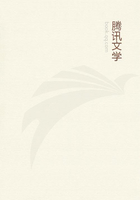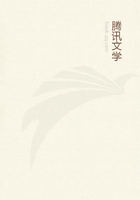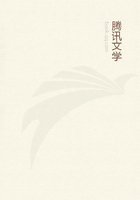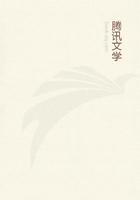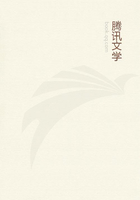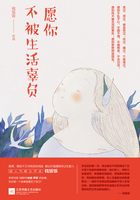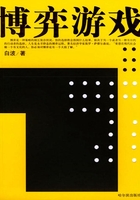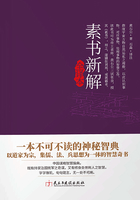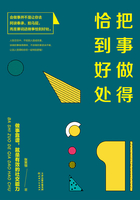"The hours at which I obey the injunctions of nature are in general extremely irregular. I sleep, I eat according to circumstances or the situation in which I am placed; my sleep is ordinarily sound and tranquil. If pain or any accident interrupt it I jump out of bed, call for a light, walk, set to work, and fix my attention on some subject; sometimes I remain in the dark, change my apartment, lie down in another bed, or stretch myself on the sofa. I rise at two, three, or four in the morning; I call for some one to keep me company, amuse myself with recollections or business, and wait for the return of day. I go out as soon as dawn appears, take a stroll, and when the sun shows itself I reenter and go to bed again, where I remain a longer or shorter time, according as the day promises to turn out. If it is bad, and I feel irritation and uneasiness, I have recourse to the method I have just mentioned. I change my posture, pass from my bed to the sofa, from the sofa to the bed, seek and find a degree of freshness. I do not describe to you my morning costume; it has nothing to do with the sufferings I endure, and besides, I do not wish to deprive you of the pleasure of your surprise when you see it. These ingenious contrivances carry me on to nine or ten o'clock, sometimes later. I then order the breakfast to be brought, which I take from time to time in my bath, but most frequently in the garden. Either Bertrand or Montholon keep me company, often both of them. Physicians have the right of regulating the table; it is proper that I should give you an account of mine. Well, then, a basin of soup, two plates of meat, one of vegetables, a salad when I can take it, compose the whole service; half a bottle of claret; which I dilute with a good deal of water, serves me for drink; I drink a little of it pure towards the end of the repast. Sometimes, when I feel fatigued, I substitute champagne for claret, it is a certain means of giving a fillip to the stomach."
The doctor having expressed his surprise at Napoleon's temperance, he replied, "In my marches with the army of Italy I never failed to put into the bow of my saddle a bottle of wine, some bread, and a cold fowl. This provision sufficed for the wants of the day,--I may even say that I often shared it with others. I thus gained time. I eat fast, masticate little, my meals do not consume my hours. This is not what you will approve the most, but in my present situation what signifies it? I am attacked with a liver complaint, a malady which is general in this horrible climate."
Antommarchi, having gained his confidence, now became companion as well as physician to the Emperor, and sometimes read with him. He eagerly turned over the newspapers when they arrived, and commented freely on their contents. "It is amusing," he would say, "to see the sage measures resorted to by the Allies to make people forget my tyranny!" On one occasion he felt more languid than ordinary, and lighting on the 'Andromache' of Racine; he took up the book, began to read, but soon let it drop from his hands. He had come to the famous passage where the mother describes her being allowed to see her son once a day.
He was moved, covered his face with his hands, and, saying that he was too much affected, desired to be left alone. He grew calmer, fell asleep, and when he awoke, desired Antommarchi to be called again. He was getting ready to shave, and the doctor was curious to witness the operation. He was in his shirt, his head uncovered, with two valets at his side, one holding the glass and a towel, the other the rest of the apparatus. The Emperor spread the soap over one side of his face, put down the brush, wiped his hands and mouth, took a razor dipped in hot water and shaved the right side with singular dexterity. "Is it done, Noverraz?"--"Yes, Sire."--"Well, then, face about. Come, villain, quick, stand still." The light fell on the left side, which, after applying the lather, he shaved in the same manner and with the same dexterity. He drew his hand over his chin. "Raise the glass. Am I quite right?"--"Quite so."--"Not a hair has escaped me: what say you?"--"No, Sire," replied the valet de chambre. "No! I think I perceive one. Lift up the glass, place it in a better light. How, rascal! Flattery? You deceive me at St. Helena? On this rock? You, too, are an accomplice." With this he gave them both a box on the ear, laughed, and joked in the most pleasant manner possible.
An almost incredible instance of the determination of the exiles to make as many enemies as they possibly could was exhibited to Antommarchi on his arrival at Longwood. He states that before he was permitted to enter on his functions as surgeon he was required to take an oath that he would not communicate with the English, and that he would more especially avoid giving them the least information respecting the progress of Napoleon's disorder. He was not allowed to see his illustrious patient until the oath was taken. After exacting such an oath from his physician the attendants of Bonaparte had little right to complain, as they did, that the real state of his disorder was purposely concealed from the world by the English Government. It is more than probable that the constant attempts observed to throw mystery and secrecy around them must have tended to create the suspicion of escape, and to increase the consequent rigour of the regulations maintained by the Governor.
Soon after the arrival of the priests Napoleon determined, we may suppose partly in jest, to elevate one of them to the dignity of bishop, and he chose for a diocese the Jumna. "The last box brought from Europe had been broken open," says Antommarchi; "it contained the vases and church ornaments. "Stop," said Napoleon, "this is the property of St. Peter; have a care who touches it; send for the abbes--but talking of the abbes, do you know that the Cardinal [Fesch] is a poor creature? He sends me missionaries and propagandists, as if I were a penitent, and as if a whole string of their Eminences had not always attended at my chapel.

